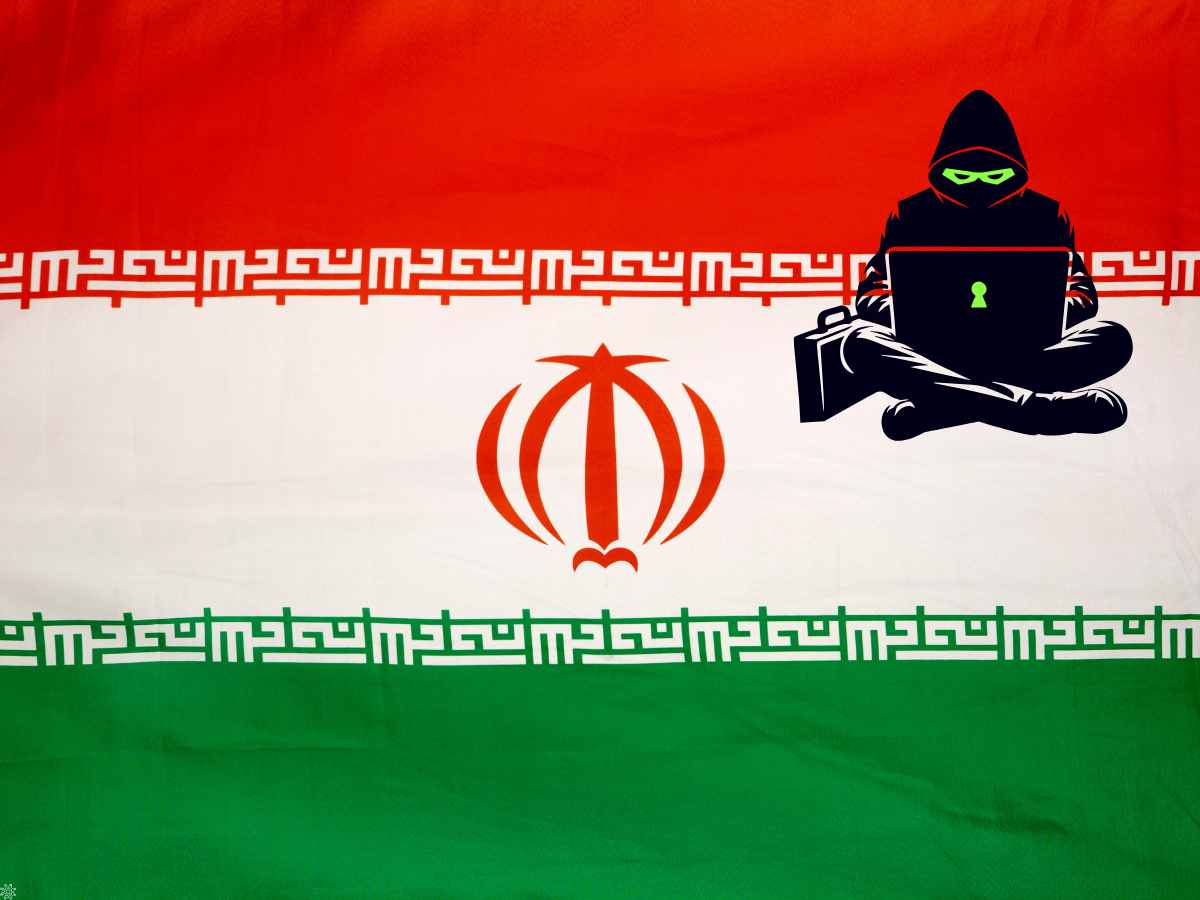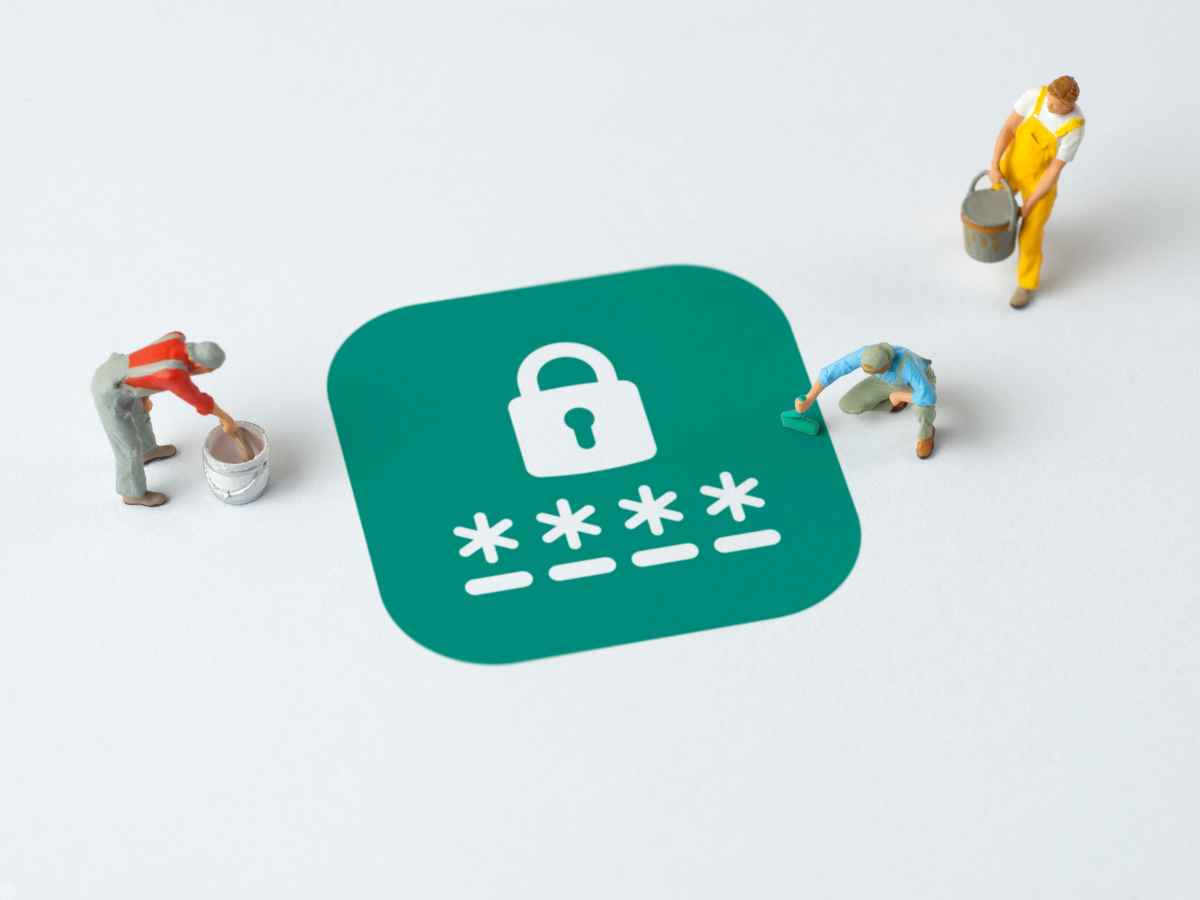Soft skills are being prioritized in today’s workplace culture. Among these soft skills, mindfulness stands out as a powerful tool for enhancing emotional intelligence, communication, collaboration, and overall workplace well-being. This article aims to inspire readers to include mindfulness in their daily routines. With practical insights and actionable strategies, we encourage individuals and organizations to prioritize soft skills development, ultimately creating a workplace where everyone can learn and grow. This article discovers the connection between mindfulness and soft skills and how they can help you improve your professional and personal life.
Mindfulness: A Brief Guide
What mindfulness truly means is to be present at the moment. It involves having awareness of one’s thoughts, feelings, and surroundings. When individuals practice mindfulness, they develop a high awareness of their emotional states and the impact of their actions on others. This awareness helps in better decision-making, improved communication, and stronger relationships.

Have you ever been in an urgent meeting or an important conversation and found your mind racing with other tasks or thoughts? You could not listen carefully and later struggled to complete the task effectively. Now, imagine the opposite: being fully engaged and truly understanding the other person’s ideas and thoughts and being able to complete your task effectively. That’s the magic of mindfulness! It’s about being fully present in the moment, aware of our thoughts and feelings, and engaging with our surroundings.
The Connection Between Mindfulness and Soft Skills
Mindfulness has a significant influence on emotional intelligence. It helps people become more aware of themselves and control their feelings better. When you practice mindfulness, you learn to watch your emotions without letting them take over. Instead of acting impulsively in a stressful meeting, someone mindful will pause to take a breath and respond thoughtfully. Being able to manage your emotions like this leads to better interactions with others. It cuts down on arguments and makes it easier to work together.
Effective communication is key to strong relationships between people. Being mindful can help people listen and talk better. When we focus on being mindful, we pay more attention to what’s happening at the moment. This lets us listen and give honest responses. By doing this, we can build stronger bonds and understand each other better. It also helps people to talk with more feeling and in a clearer way.
Modern workplaces achieve common objectives by working together. When people are mindful, they ensure that the work team environment is accepting and inclusive of all members. When people practice mindfulness, they build an environment in which one’s voice is heard and valued. Mindful team members are more accessible to criticism and engage in great productive dialogues. In this respect, a team will create much creativity and new ideas.
There will always be disagreements, but how they are dealt with and handled can make all the difference. Mindfulness gives people the tools they need to handle disagreements with a clear head. Mindful people can look at the situation objectively and try to find answers that work for everyone instead of reacting defensively.
Mindful dispute resolution means actively listening, having empathy, and being open to seeing things from other people’s points of view. Being mindful during disagreements can lower the tension and make it easier to come to an understanding.
Practical Strategies for Cultivating Mindfulness in Soft Skills Development
Integrating mindfulness into soft skills training and personal development doesn’t require extensive resources. Here are some strategies which individuals and organizations can follow:
1. Mindfulness Training Programs
Companies can offer mindfulness training that teaches employees different mindfulness techniques, like meditating, taking deep breaths, and moving with awareness. These programs can be offered as workshops or added to training events.
2. Daily Mindfulness Practices
Encourage employees to practice mindfulness as a daily habit, such as meditation and deep breathing. These simple practices may probably work best in simple actualities, such as taking deep breaths prior to attending a meeting or mindful walking during breaks.
3. Mindful Communication Workshops
Conduct training sessions that are centered on the development of skills in mindful communication. Engaging in role-playing activities that place an emphasis on active listening, non-verbal communication, and empathic reactions are examples of activities that can be included.
4. Reflection and Journaling
Encourage people to engage in reflective practices, such as keeping a notebook in which they write about their experiences and feelings. By engaging in this technique, individuals can become more self-aware and better notice patterns in their behavior and interactions. From personal experience, journaling helps a lot in managing emotions to become well aware of oneself.
5. Create a Mindful Work Environment
Allow for mindfulness at work by having peaceful spaces within the workplace in which employees can meditate, incorporating mindfulness breaks during the day for better mental health.
The Benefits of Mindfulness in Soft Skills Development
The integration of mindfulness into soft skills development is beneficial for:
- Enhanced Emotional Resilience: Mindfulness creates emotional resilience in such a way that people can respond better to stressful and challenging conditions. Mindful communication practice would help in bonding among team members, eventually leading to a more upbeat and healthy organizational setting.
- Improved Relationships: Mindful communication builds stronger relationships among team members, leading to a more positive and healthy work environment.
- Increased Productivity: Since mindfulness encourages one to be focused and clear, there definitely is increased productivity and efficacy in the workplace.
- Greater Employee Satisfaction: Organizations that prioritize mindfulness would ensure better job satisfaction, which consequently means less turnover.
Conclusion
The need for soft skills, particularly those that may be improved via mindfulness, has never been more important than it is now, as workplaces continue to undergo continuous change. The cultivation of emotional intelligence, the improvement of communication, the promotion of collaboration, and the more effective resolution of disputes are all outcomes that can be achieved via the cultivation of mindfulness.
Nurturing soft skills incorporated with mindfulness is not only a strategy for self-improvement but also a gate towards making a compassionate and productive workplace. As we build through the adoption of mindfulness practices, we can construct teams that are more robust and resilient, capable of negotiating the challenges of the contemporary workplace.






